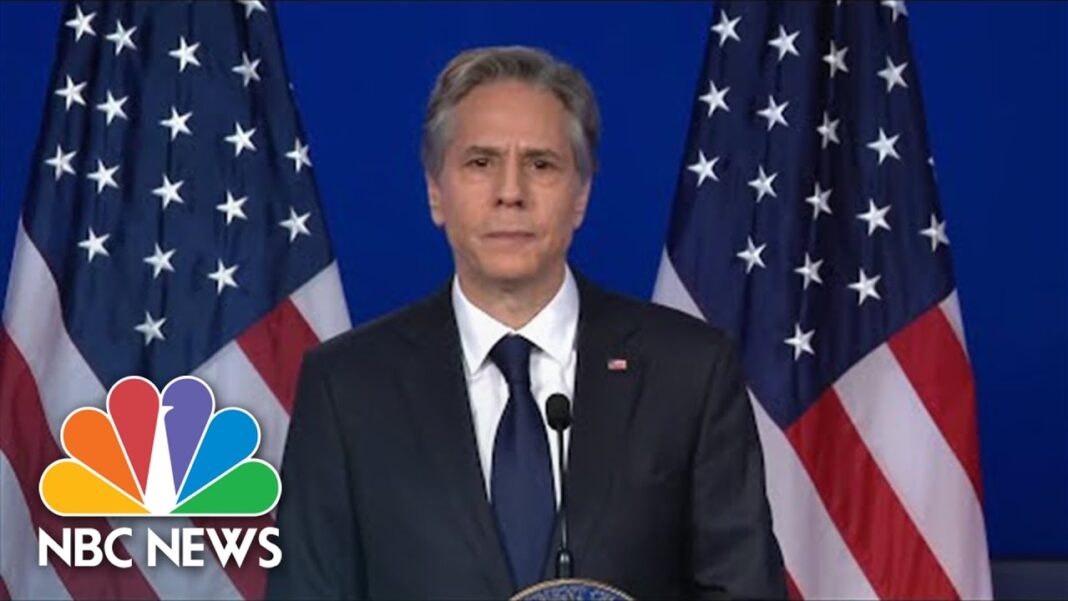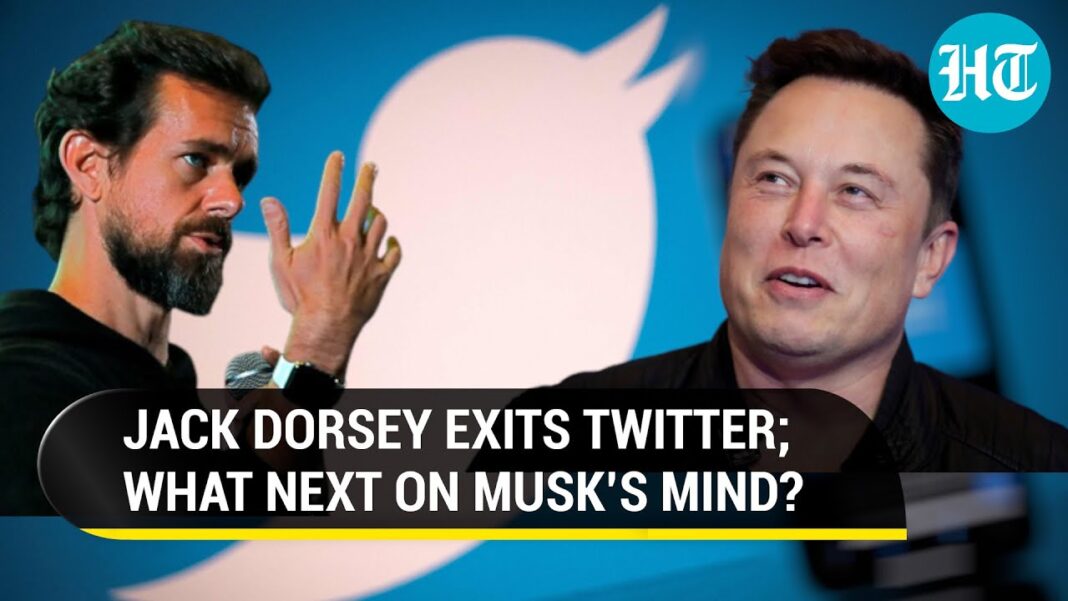The Biden administration’s newly unveiled China policy was not well received by defense and security experts, who criticized the administration’s decision not to engage in any economic decoupling from China, as well as its move to announce the policies at an event hosted by a group that has ties to the Chinese Communist Party (CCP).
Others, meanwhile, said that it marked an admission of the failure of the United States’ longstanding effort to pull China into the global marketplace.
“Blinken’s speech on China essentially says decades of diplomatic & economic engagement with China have failed to keep the Communist Party from a path of aggression,” said Edward Wong, a fellow at Harvard University, in a tweet.
Secretary of State Antony Blinken outlined the long-awaited China policy on May 26, during which he continually stressed that the United States would not decouple its economy from China. The choice of emphasis may have been an effort to soothe Beijing, following the Chinese foreign ministry’s efforts to initiate a propaganda campaign earlier in the week accusing the United States of trying to decouple from China.
Decoupling, the act of severing or severely limiting certain economic engagement, has been increasingly promoted by some in Congress in recent years, who consider such an effort vital to prevent the continued theft of critical technologies by China.
“We need to decouple our economy in strategic and vital sectors from the Chinese economy,” said Sen. Tom Cotton (R-Ark.) during a recent interview on Fox. “We cannot be dependent on the goods that feed us and clothe us and provide us defense and literally save our lives from the communist Chinese regime that wants to replace us as the world’s dominant power.”
“If Biden were serious about China we’d decouple our supply lines, onshore & kick the CCP out of our markets,” said Congressional candidate for Washington state Joe Kent. “Instead we let them control us economically & saber rattle wars we can’t afford.”
Others criticized the Biden administration’s selection of the Asia Society as an inappropriate or otherwise questionable venue for the announcement of the policy, due to the fact that it has several ties to the CCP.
“Why do top Dems like Blinken persist in choosing a Chinese Communist Party-friendly organization, sponsored by state-owned China Investment Corp ($1.2 trillion AUM) as a venue for a major policy speech?” said Anders Corr, principal of boutique risk management firm Corr Analytics, in a tweet. “There are hundreds of orgs more deserving of State Department support.”









